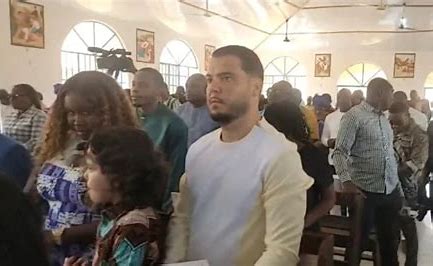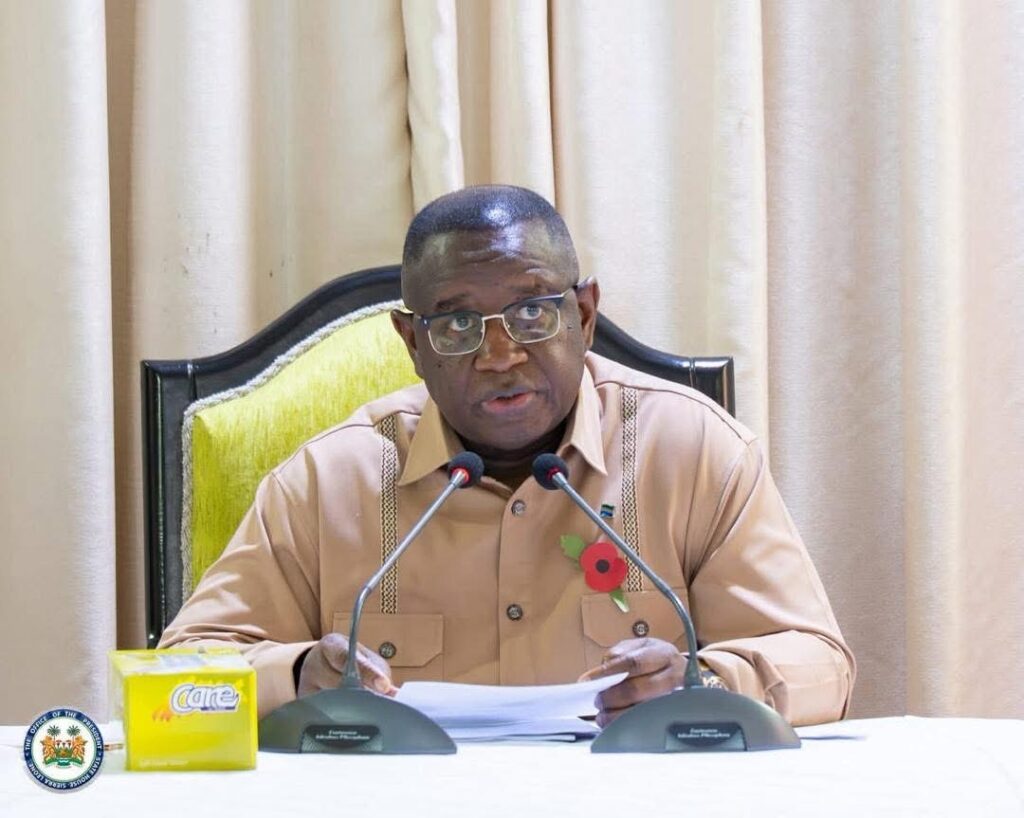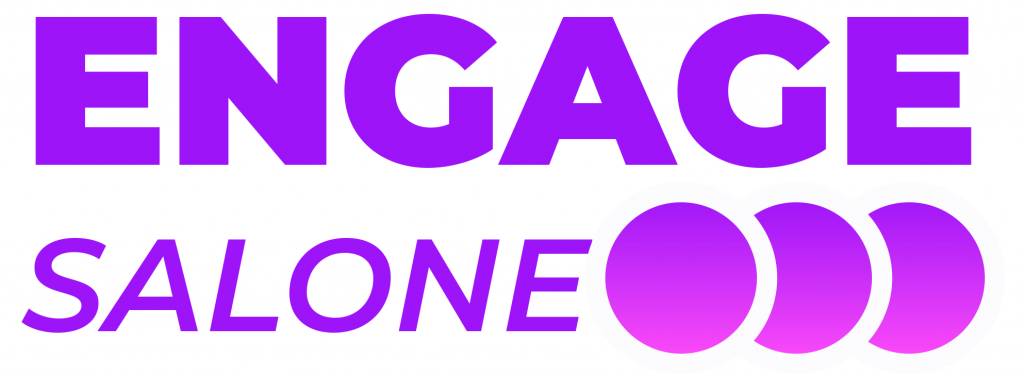We return this week to the Kush crisis, following President Julius Maada Bio’s long-awaited address to the nation. After weeks of mounting public pressure and outrage, the President finally broke his silence, announcing a series of actions to combat the growing epidemic. His statement outlined measures to cut off the supply chain of Kush, provide rehabilitation and care for victims, and punish those profiting from the trade.
These are welcome steps, and the President deserves some credit for finally responding to what is arguably the most pressing public health and security crisis at present. Yet, as citizens, it is also our duty to ask the hard questions: Are these measures sufficient? Are they credible? And why are the same people who oversaw this disaster still in charge?
The Kush crisis did not appear overnight; it flourished under the watch of the very institutions now being asked to contain it. Yet, the same actors within these institutions — from the police to the National Drug Law Enforcement Agency (NDLEA)—remain in place.
For years, law enforcement watched Kush spread through communities. When a national emergency has to be declared before meaningful action is taken, then someone is clearly not doing their job. These failures should have consequences. Retaining the same leadership is an indication of a tolerance for mediocrity and collusion.
The NDLEA, in particular, raises serious questions. Yes, the agency is underfunded, but that cannot excuse its lack of credibility. Its Executive Director, Andrew Jaiah Kaikai, has been mired in controversy — appearing in a video with convicted drug trafficker Jos Leijdekkers (AKA Bolle Jos), who found refuge in Sierra Leone. He also admitted to receiving luxury cars from a “friend” while in public office. A government serious about fighting drugs should not allow such clouds to hang over the institution or individual leading the charge. Similarly, the job of controlling crime and busting drug cartels must not be a special task or function of the police, especially those charged with the responsibility of dealing with organized crime. The police and other security services have watched the drug crisis explode and continue unabated, but there has been no change in leadership. With the same players, we will continue to have the same problems.
Equally concerning was what the President did not say. His failure to mention Bolle Jos, the notorious trafficker who reportedly lives in Sierra Leone under apparent state protection, was a glaring omission. Addressing this issue would have been the clearest way to show that the government is serious about dismantling a network that is much bigger than Kush.

Instead, the silence leaves doubts. How could the President discuss drug control without acknowledging one of the most scandalous drug-related cases in Sierra Leone’s recent history? Kush is only the visible part of a much deeper problem. Suspicious boats have been abandoned on our coastline. Drugs have been intercepted in a diplomatic vehicle near the Guinean border. Sierra Leoneans have been arrested with narcotics on the border with Liberia. These incidents point to a system far larger than street-level Kush peddling. Yes, West Africa has a drug trafficking problem, but nothing comes close to the Bolle Jos story—dangerous and embarrassing and yet we have failed to act with decisiveness. So, it is curious that President Bio focused on fighting the Kush fire in his statement, leaving out a giant elephant in the corridors of power.
Among the measures announced, the President promised to expedite the prosecution of drug offences. In principle, this is a strong idea — swift justice can deter crime. But without transparency, such a process risks turning into a “small fish” campaign, where only petty dealers and addicts are punished while the real financiers and traffickers remain untouched because they are either very good at hiding or can buy protection and safe passage. In all the raids and arrests so far, not one major figure has faced trial. There are levels to organised crime— the visible addicts and sellers downstream, and the financiers, enablers, and protectors at the top. Until those higher up the chain are held accountable, the effort will remain cosmetic.
The President also announced the creation of joint security task forces to tackle the crisis. This could be effective, but it also raises concerns. You don’t want this to become another extortion gig for those involved. Too often, well-intentioned crackdowns in Sierra Leone have turned into lucrative extortion rackets. From traffic operations to market enforcement, citizens have seen how “special operations” quickly become opportunities for bribes and payoffs. The risk here is obvious: arrests made for show, victims harassed for money, and real offenders walking free after “settling the matter.” Without strong supervision and accountability mechanisms, the Kush campaign could fall into the same pattern — enriching a few whilst tormenting poor people.
It is also important to recognise that the Kush epidemic is not only a criminal problem — it is a social and economic one. Behind the addiction crisis lies the story of poverty, unemployment, and hopelessness.
In many communities, poor women sell drugs to feed their families. This is not to justify the crime, but it is important to recognize that the pathway to crime is not always straightforward, and people have to make rational choices. Young men without jobs or prospects use Kush to escape their hopeless reality. Those who try to migrate die in the desert or drown at sea; those who stay behind die slowly from addiction. Parents, overworked and under-supported, lose their children to a battle they barely understand.
Sierra Leone’s non-existent social systems — from education to healthcare and youth services — have created fertile ground for this epidemic and other social problems. You cannot arrest your way out of hopelessness. The fight against Kush must therefore extend beyond policing to encompass prevention, rehabilitation, and opportunities. This means jobs, training, counselling, and community support. Without these, we will keep treating symptoms while the disease spreads.
President Bio’s announcement marks a beginning. Well, hopefully, because we have been here before. The announcement is not yet a turning point.
The President must clean house within the agencies responsible, confront the hard truths about corruption and complicity, and ensure that his promises are not lost in bureaucracy. Sierra Leone cannot afford another half-hearted campaign, like the one declared in April last year. For now, the nation waits — for action that matches the words, and leadership that restores faith in the promise of government. This is President Bio’s time to make history—for the right or wrong reasons.


